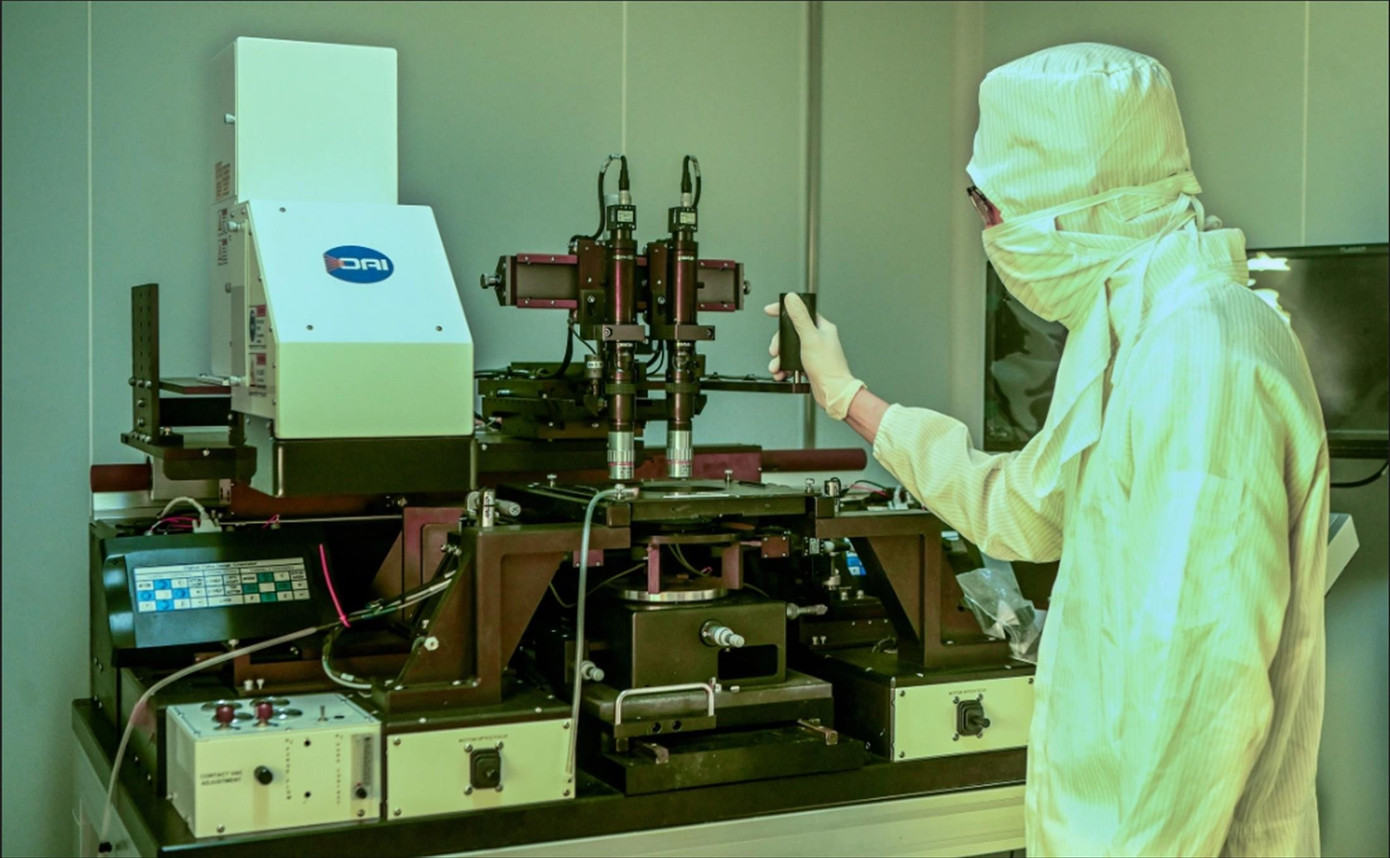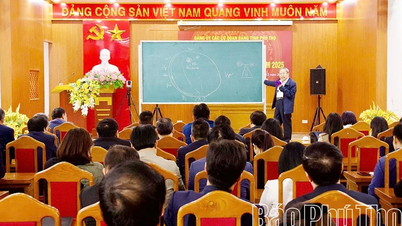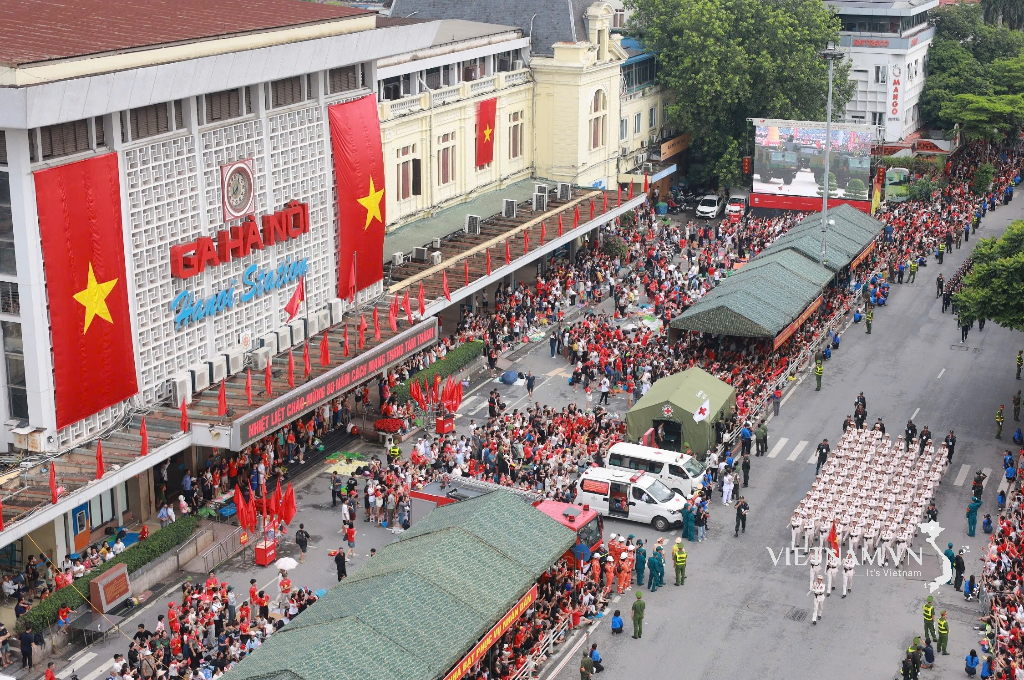
Distinctive
Speaking with reporters, an expert pointed out the issues causing distortions in the process of recognizing professorial and associate professorial titles in Vietnam today.
Firstly, according to international practice, Professor and Associate Professor are job positions, equivalent to the position of head of department, director of a research institute, or head of a faculty. Upon leaving the university, they are only PhDs (a title they achieve through examinations, studies, and research). Moving from a lower-ranked university to a higher-ranked one requires them to start striving from scratch; there is no such thing as automatically becoming a Professor. In Vietnam, Professor and Associate Professor titles are recognized by the State based on established standards, and universities appoint them. Appointments by universities are not dependent on job positions, and everyone recognizes that being recognized as a Professor or Associate Professor is very prestigious, similar to being a director during the centrally planned economy era (because only state-owned enterprises existed). In contrast, in France, a Professor at the Paris Polytechnic University is different from a Professor at a university in a remote area. In Vietnam, Professor and Associate Professor titles are not tied to the university's brand but are lifelong titles recognized by the State Council.
Secondly, Vietnam's accreditation process, while seemingly straightforward, is actually the opposite of what happens internationally . The expert cited the example of France, which has a State Council of Professors (SGM) similar to Vietnam's, but only sets a general "floor." Universities and research institutes then use this floor to specify the requirements for professor and associate professor positions within their institutions. Vietnam's process, however, involves proposals from universities and institutes, review by the sectoral SGM, and recognition by the State SGM. Each stage involves some degree of elimination. This process, while seemingly straightforward at first glance, is actually counterproductive. The decision on eligibility rests with the State SGM and the sectoral SGM. With such a role, universities and research institutes (institutional SGMs) have no strong reason to reject candidates because there are two higher levels of review.
Thirdly, professors and associate professors play a role in scientific research and postgraduate training. However, in Vietnam, professors and associate professors are often used for prestige and management purposes. This is clearly evident in the healthcare sector, where the consultation fees charged by professors are the highest, followed by other titles. This may seem illogical, but it still exists in practice. "This is precisely the distortion of the professor and associate professor system in Vietnam today," the expert said.
The current three-round review process, in addition to the aforementioned shortcomings, also has several other limitations such as: a long duration, causing delays in personnel placement and appointment; a lack of transparency and unpredictability, as candidates who meet the criteria may still be rejected simply because they do not receive enough votes of confidence; and the risk of personal bias or unfair competition during the voting process. Therefore, the State setting the framework of standards, while higher education institutions exercise the right to review, recognize, and appoint professors and associate professors, is a trend consistent with international practice.
Furthermore, while professors and associate professors belong to the university, the recognition of their qualifications is reviewed by people unrelated to the field. The expert cited the example of information technology, currently the most rapidly developing field in Vietnam, but the professorial council for this field largely consists of individuals with a background in mathematics. Moreover, some individuals in their 70s and 80s, an age group no longer suitable for the rapid development of information technology, still sit on the council to review younger candidates who are faster at adopting technology and whose research is more recent. Why does this absurdity persist?
Finally, the expert stated that renowned professors and associate professors working at foreign universities, if they return to Vietnam, must still go through the State Council of Professors' review process, which is conducted once a year, to be appointed. With this process, it is difficult for universities to appoint professors and associate professors to work in Vietnam, and candidates are also very "afraid" to return.
Responsibilities of the University
Given the current situation, the expert proposed granting universities complete autonomy in the process of reviewing, recognizing, and appointing professors and associate professors. This autonomy would be linked to research and postgraduate training. From research labs, the number of postgraduate students, research funding, and the income of professors and associate professors, it would be possible to determine how many professor and associate professor positions each institution needs. If more are desired, these indicators would need to be increased. This would prevent the "inflation" of professors and associate professors that many fear. Furthermore, the titles of professor and associate professor would be synonymous with the brand of a university, avoiding the current situation where titles are mixed with lower-quality ones.
This expert believes that this would also resolve the obstacles in attracting foreign professors and associate professors to work in the country. "In the higher education systems of many developed countries, the titles of professor and associate professor are not 'permanent certifications' but rather the result of a rigorous selection process at each institution," he said.
In reality, the current university-level Professorship Council, despite being the unit that directly employs and pays the salaries of lecturers, does not have full authority in the process of considering and approving the titles of Professor and Associate Professor.
Negative aspects may arise during the process of recognizing and appointing professors and associate professors at higher education institutions. However, in the context of university autonomy, training institutions must compete to attract high-quality human resources. Any manifestation of obstruction or biased interference with the professional staff carries serious risks. This is a gamble not only for the academic reputation of the institution but also for its ability to retain and attract talent. Especially in an increasingly open educational ecosystem, lecturers and scientists have more choices, as other universities build transparent working environments, prioritize professional values, and are willing to appoint them with better compensation packages.
Resolution 71 clearly states: Ensuring full and comprehensive autonomy for higher education and vocational education institutions regardless of their level of financial autonomy. Improving regulations on staffing, standards, conditions, and recruitment and appointment procedures for professors, associate professors, and other lecturer positions in accordance with international practices and Vietnamese realities. Based on this, higher education and vocational education institutions are empowered to independently decide and implement, in accordance with their own conditions, the recruitment and hiring of lecturers, and the appointment of leadership and management positions for talented individuals from abroad.
The practical experience from the academic job market, particularly at the doctoral level, clearly demonstrates this trend. The fact that many PhDs are leaving the same educational institution in a short period of time is a cause for concern, forcing school leaders to seriously and transparently reconsider their human resource development direction and academic management strategy.
Professor Chu Duc Trinh, Rector of the University of Technology (Vietnam National University, Hanoi), agrees with the view that the recognition of professorial and associate professorial titles should be linked to common international practices. Professor is a job position, a professional role. When the position is no longer needed, the individual will leave the university. However, in the current context of Vietnam, Professor Chu Duc Trinh believes that determining how to delegate authority is a difficult problem. He proposes a common set of standards, and even suggests that the Ministry of Education and Training should have an online portal for candidates to apply, with confirmation from the heads of relevant units. This system would classify scientific publications based on established criteria. From there, universities could use it as a reference, setting their own standards for recognition and appointment, ensuring they are not lower than the national standard. In this system, the State would play the role of issuing the framework and supervising to improve the effectiveness and consistency of academic title recognition.
Source: https://tienphong.vn/thay-doi-cach-xet-cong-nhan-gs-pgs-post1778146.tpo













































































































Comment (0)